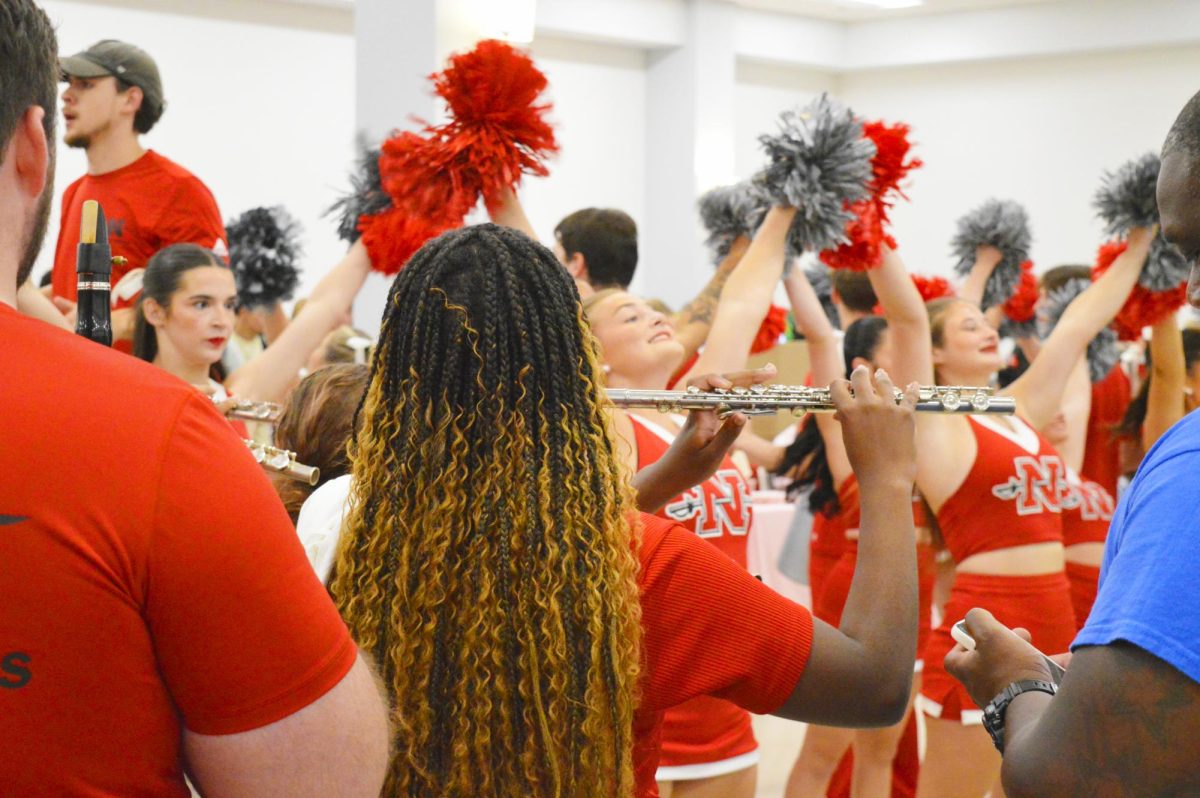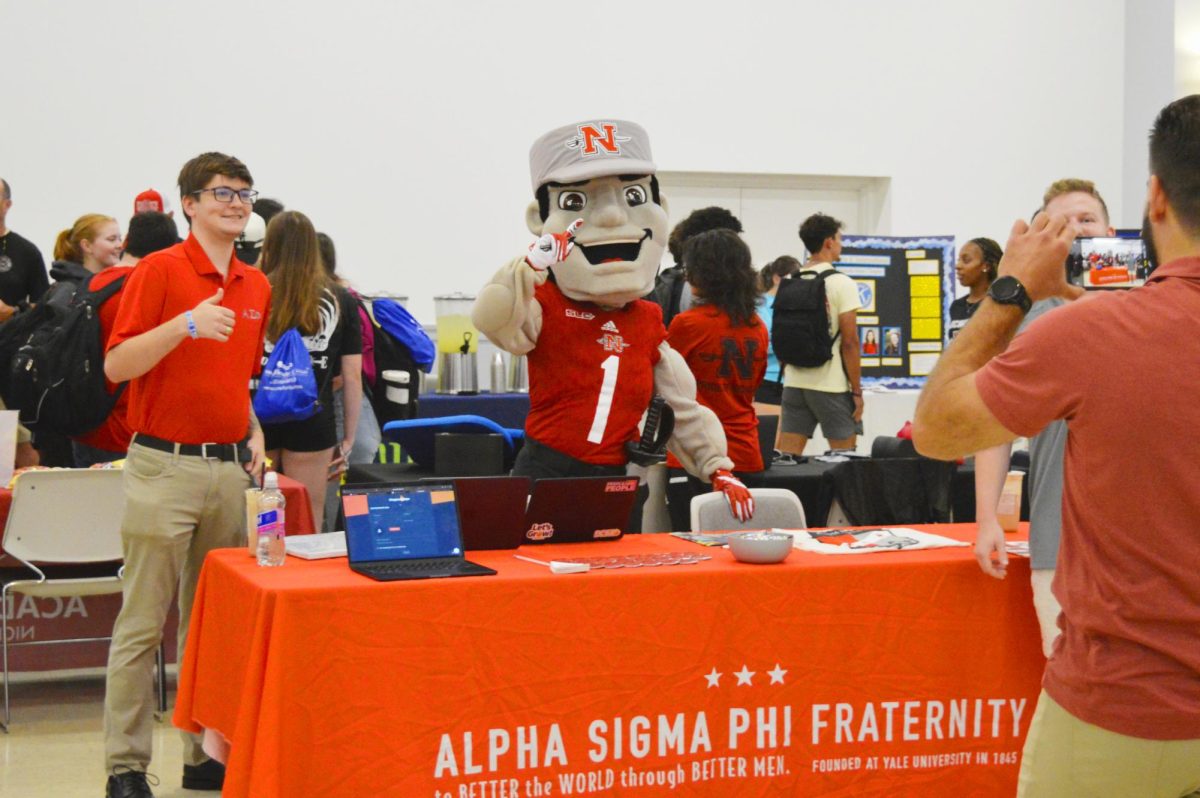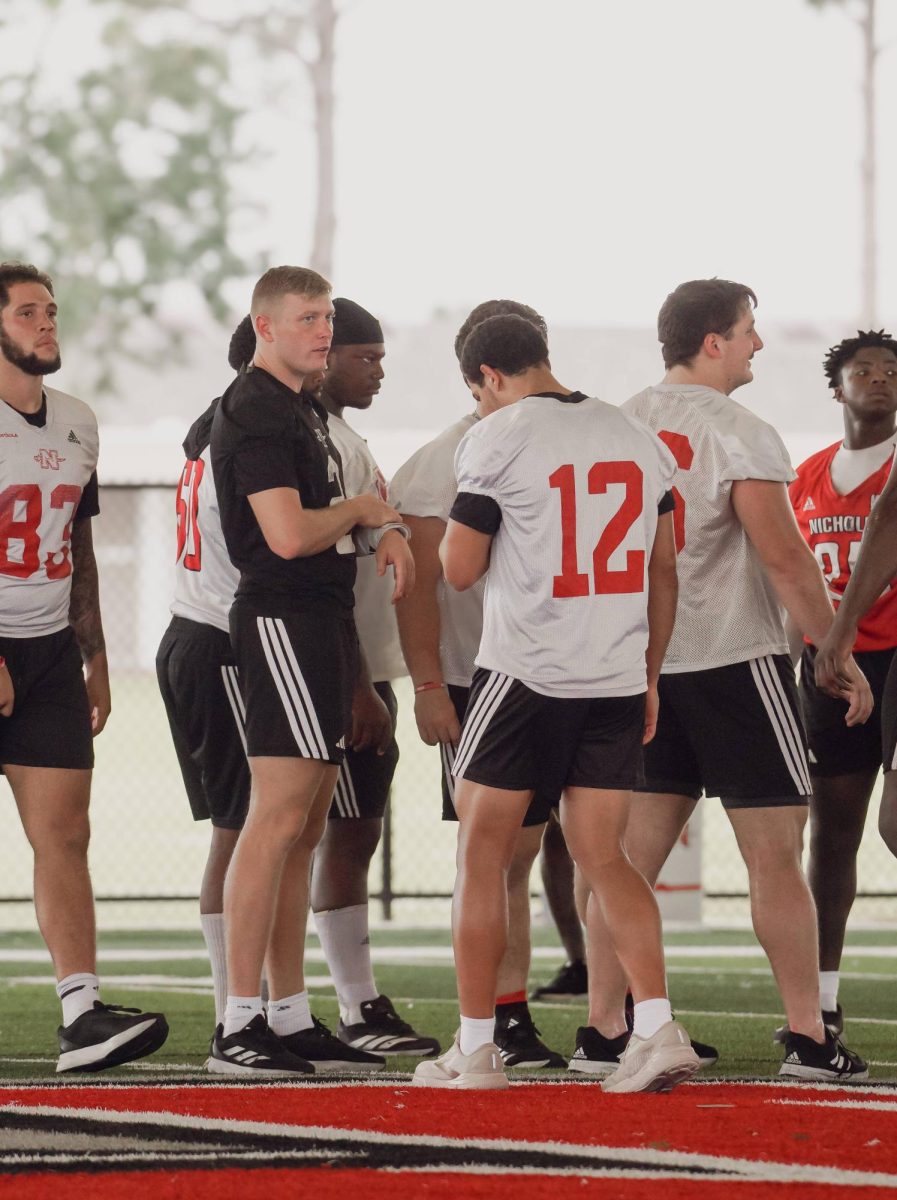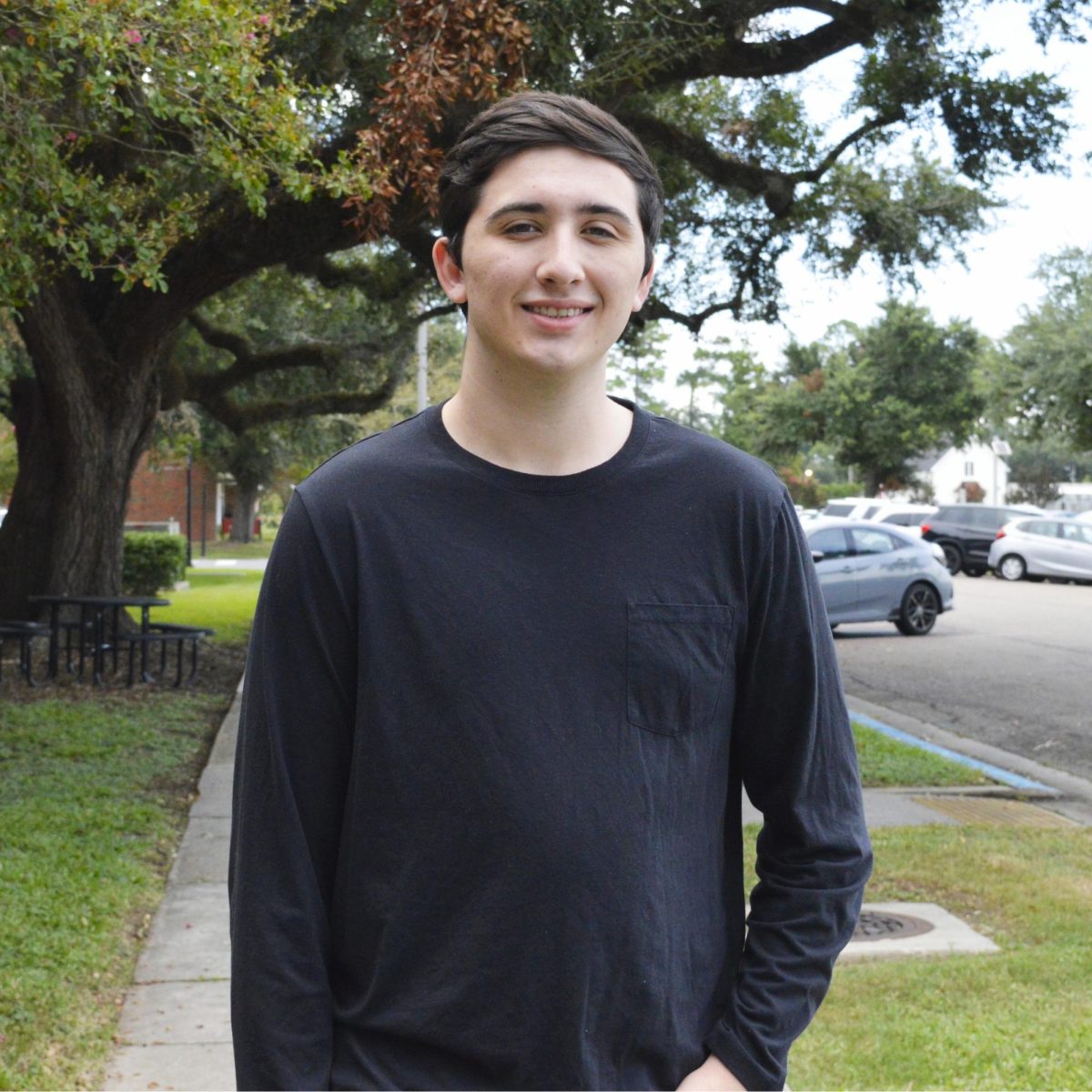April is Alcohol Awareness Month, but at Nicholls State University, information on the issue of substance abuse is available to students all year long.”Drugs, those kinds of things, are on-going issues,” Judy Daniels, dean of student life, said. “It is really not just limited to one month. We try to make that information available throughout the year to students.”
Daniels said that her department works closely with Peer Education and its adviser, Melissa Dyson.
Daniels said, “Peer Education does extensive and wonderful work trying to educate the campus community about the effects of alcohol and drugs and about making good decisions that lead to a lifetime of adult health and wellness.”
Peer Education makes information available to students through numerous programs and brochures.
University Police is planning a new program in the fall semester to alert students to the dangers of substance abuse. Chief of Police Craig Jaccuzzo says the program would bring officers to the residence halls to educate students on crime prevention and education about the effects that narcotics and alcohol have on your body.
Harvard School of Public Health administered its college drug and alcohol survey to a small sample of Nicholls students in 2001. Students who had a drink in the past month were asked about their drinking habits. The results showed that 44.3 percent usually binged when drinking; 17.5 percent drank on ten or more occasions in the past 30 days; 15 percent were drunk three or more times in the past month.
Students were also asked about their drinking and driving in the past 30 days. Thirty-nine percent drove after drinking alcohol, while 32.9 percent rode with a driver who was high or drunk and 25.2 percent drove after having over five drinks.
Nicholls has specific rules regarding the use of drugs and alcohol on campus. Section 12 of the Code of Student Conduct states, “…because of the risks to the health and safety of the individual and community, the University is opposed to the use and abuse of alcohol and any other drug for any purpose other than legitimate use.”
Daniels explains that each student is given the student code of conduct and made aware of the guidelines through freshmen orientation and freshmen studies classes.
According to University Police reports, last semester, three disciplinary summonses were issued to students for alcohol and one non-student had to be removed from campus.
The University prohibits the sale or consumption of alcohol on the campus except in areas where the sale or use has been authorized by the appropriate University offices.
“There are some exceptions, and these exceptions require approval,” Daniels said.
One example of this exception to the rule would be tailgating at football games. Alcohol consumption in tailgating areas is allowed by anyone 21 years of age and over.
Officers monitor the area to make sure laws are followed. “We have alcohol and tobacco control organizations. Those police officers, in addition to University police officers, patrol the area,” Daniels said.
These officers have the right to ask for identification if they suspect someone of underage drinking. Students can be issued a citation and have to appear in court if they violate the law. Students who do not cooperate with law enforcement officers can be arrested.
In Fall 2003, the Alcohol and Tobacco Commission issued nine summons for alcohol at one Nicholls football game. Seven of the summons were issued to students.
At another football game, the Alcohol and Tobacco Commission issued eight summons, with six of those going to students.
Daniels finds, in the two years that she has been here, most students cooperate with the rules.
“We just want people to be responsible, and we have an obligation as University officials to abide by the law,” Daniels said. “And the law is pretty clear. If you are under 21, we have to ask you to get rid of the alcohol if you are in that event or activity.”
Drug offenses bring stiffer penalties. The student faces legal charges as well as disciplinary action from the University. The Code of Student Conduct outlines the procedure followed by the University after a student is arrested.
Daniels explains that the University “has an obligation to notify the student that the student has a right to appear for a hearing before the discipline committee.”
The committee is composed of faculty, staff and students who review the case.
“We have a duty to treat every case individually and to look at the unique circumstances as it impacts that individual student and then to determine what is an appropriate response based on each person’s actions,” Daniels said.
In the fall semester of 2003, two misdemeanor summonses were issued for narcotics use, according to University Police reports, and four disciplinary summonses were issued for narcotics use to students. All of these cases involved the use of marijuana.
Getting arrested off-campus for drugs can, depending on the circumstances, also affect a student’s enrollment at the University.
Daniels said, “I’ve got to assume that if their life is at Nicholls, that maybe some of that activity has occurred at Nicholls.”
She explains that the University has an obligation to keep the campus free from drugs and depending on the situation, the University may get involved in an off-campus drug arrest and choose to conduct an investigation.
Daniels states that each case is unique and “the main thing is that each case is handled on an individual basis, and each student is judged, not by group behavior or who they were with, or whatever, but by their own individual behavior.”
Jaccuzzo says his department’s investigation of drug arrests are on-going and University Police are “always taking steps to deter any type of illegal narcotic trafficking or usage on this campus.”
Jaccuzzo said, “When you come to an institutional setting, secondary educational setting as college, you seem to want to allow people the same freedom as they would have in their private life, but nothing that would constitute a crime.








